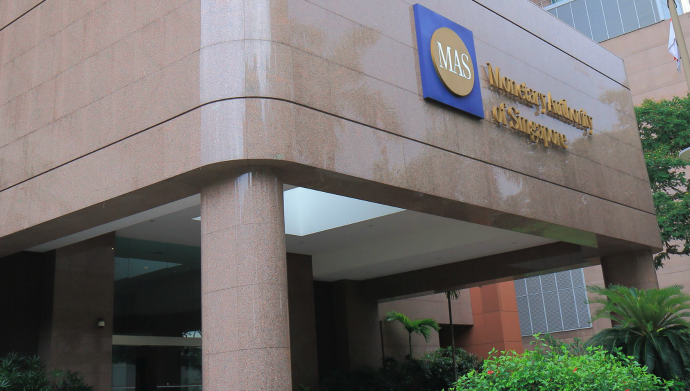Singapore’s central bank does not regulate virtual currencies, but will consider various measures if they pose specific risks, he said

Ong Chong Tee, Deputy Managing Director (Financial Supervision) of Singapore’s central bank Monetary Authority of Singapore (MAS), is of a view that regulations should not stifle innovation.
“Regulations should not stifle innovation. The reality is that innovations will always move ahead of rules. The key is in understanding whether a particular innovation or new business model is simply a regulatory arbitrage. If so, we should deal with that directly such as by bringing that activity within the regulatory ambit or even banning it altogether,” he said, while speaking at the 13th Asia-Pacific High Level Meeting on Banking Supervision here in Singapore.
Tee also said that market regulators need to keep abreast of technological developments. Only then, they can exercise thoughtful judgment.
He also opined that the recent technological developments have presented regulators with both new challenges and opportunities. For instance, he added, the foray by hitherto non-regulated entities into various aspects of payments and financial services could necessitate a change from an institution-based regulatory approach towards an activity-based framework. But at the same time, this can also allow a regulator to “right-size” regulations for both traditional and evolving business models according to the risks the activity poses.
Also Read: MAS chief hopes blockchain will survive eventual crash in cryptocurrency
Tee also said that the MAS has no plans to regulate cryptocurrencies, but will think of it if they pose specific risks. “Since the emergence of virtual currencies about 10 years ago, the MAS has observed an increase in the number of initial coin (or token) offerings in Singapore. As with most financial regulators, the MAS does not regulate virtual currencies. But we regulate the activities that surround virtual currencies if these pose specific risks.”
Although the Singapore government has already implemented the Anti-Money Laundering/Combating the Financing of Terrorism (AML/CFT) to regulate intermediaries providing virtual currency services, it will consider additional regulations if necessary to protect the interests of investors.
The MAS will also issue a new Payment Services Bill (PSB) to regulate digital payment services if they pose threat to the system. According to hi, this will streamline the regulation of payment and remittance service providers under a single regulatory framework, and calibrated to whether an entity offer one, some or all parts of the retail payments value chain. It will also seek to enhance user protection and facilitate the adoption of electronic payments.

Ong Chong Tee
On the supervisor’s end, the MAS is developing its own ‘SupTech’ to improve and sharpen its surveillance and analytical capabilities. Since about a year ago, it has set up a dedicated unit for SupTech within its Data Analytics Group.
Also Read: MAS and Singapore banking consortium are building blockchain prototypes
“The aim is to make greater use of technology and smart tools to guide our financial surveillance and supervision functions. To do so, building the infrastructure for our data analytics projects is important,” he commented.
“We are putting in place an MAS Private Cloud. This will serve as the foundation to provide computing power to all data analytics projects in MAS. There are a number of ongoing system-enhancement projects around data storage, accessibility and usability. But importantly to fully benefit from the insights of a broader set of high-frequency real-time data, in both structured and unstructured formats, our supervisors will also need to acquire strong digital fluency in various data analytics and visualisation tools,” Tee said.
The post Regulations should not stifle innovation, says MAS deputy MD Ong Chong Tee appeared first on e27.